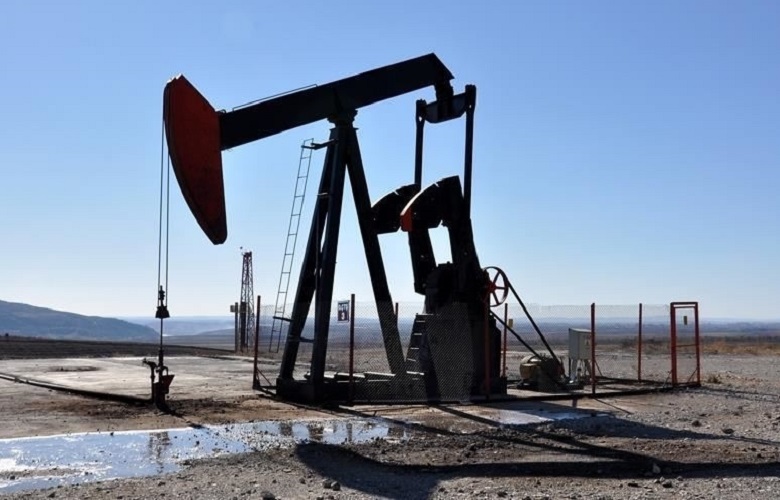Turkey’s Refineries Boost Non-Russian Oil Imports After New Western Sanctions

Turkey’s largest oil refineries are scaling back purchases of Russian crude and turning to alternative suppliers, as new Western sanctions targeting Moscow’s energy exports begin to reshape global oil flows.
The Gaze reports this, referring to Reuters.
SOCAR Turkey Aegean Refinery (STAR), owned by Azerbaijan’s state oil company SOCAR, has recently acquired four cargoes of crude oil from Iraq, Kazakhstan, and other non-Russian sources for December delivery. The shipments, estimated at 77,000 to 129,000 barrels per day (bpd) depending on cargo size, mark a significant reduction in Russian feedstock.
Data from Kpler, a leading energy analytics firm, show that in September and October, Russian oil accounted for nearly all 210,000 bpd processed at the STAR refinery.
One of the new deliveries to STAR includes a Kazakh KEBCO crude shipment, identical in quality to Russia’s Urals blend but classified as non-Russian in origin. Before this, the refinery had imported only one Kazakh cargo in 2025, and none in 2024, highlighting how swiftly Turkey’s procurement strategy is adapting to sanctions pressure.
The country’s second major refiner, Tupras, is taking similar steps. Two sources told Reuters that Tupras is increasing imports of non-Russian grades, particularly Iraqi crude, and could fully phase out Russian oil at one of its two plants to maintain compliance with upcoming EU restrictions on refined fuel exports. The other refinery, however, is expected to continue limited processing of Russian barrels for domestic needs.
Both companies declined to comment publicly on the procurement changes. Tupras has already expanded its supply portfolio this year, purchasing its first-ever Brazilian crude cargo, followed by a shipment of Angolan Mostarda crude, expected to arrive in early November.
Analysts say the shift mirrors trends in India and China, where refiners have also started reducing exposure to Russian oil amid Western scrutiny of “shadow fleet” shipments and secondary sanctions risks.
As The Gaze previously informed, on October 23, the U.S. has imposed a new round of major sanctions targeting Russia’s energy giants Rosneft and Lukoil, in response to Moscow’s continued reluctance to engage seriously in peace efforts to end the Russian-Ukrainian war.
Days later, Lukoil announced the sale of its European subsidiary Lukoil International GmbH to Switzerland’s Gunvor Group in a bid to protect its international operations from escalating Western measures.